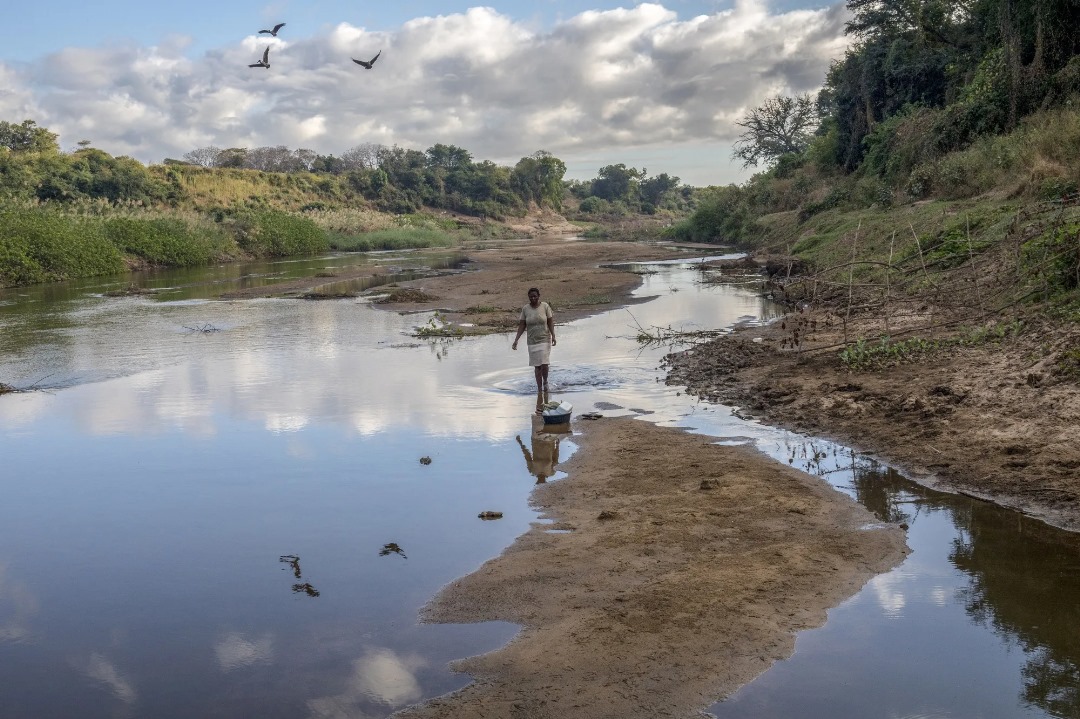Harare, Zimbabwe – Zimbabwe has officially launched a new set of carbon market regulations aimed at strengthening its position in global climate finance and aligning with Article 6 of the Paris Agreement. The regulations are designed to improve oversight, transparency, and benefit-sharing in the country’s growing carbon market, while enabling access to international compliance-based trading mechanisms.
A key feature of the regulatory rollout is the integration of a blockchain-based national carbon registry, developed in partnership with A6 Labs and the Ministry of Environment, Climate and Wildlife. This digital platform will serve as the central system for registering, verifying, and tracking all carbon credit projects in the country. It incorporates advanced AI and geospatial tools to enhance data integrity, reduce fraud, and streamline participation.
The new rules require that all carbon credits generated within Zimbabwe be registered through the national platform, marking a shift away from unregulated voluntary carbon markets. This move is intended to increase the value and credibility of Zimbabwean credits, allowing the country to participate in international markets under Article 6, which enables the trade of emissions reductions between countries.
By prioritising flexibility and transparency, Zimbabwe’s framework becomes the first to explicitly provide for all possible uses of Article 6-eligible credits, including voluntary transactions and unilateral uses. Bolstered by some of the most stringent social and environmental safeguarding requirements, the framework aims to balance investor concerns with the need to deliver genuine development benefits for vulnerable communities across Zimbabwe, said Felix Mechnig-Giordano, the lead coordinator of Zimbabwe’s Article 6 readiness process.
Other notable innovations include strengthened property rights protections and the collection of revenue in the form of carbon credits, aimed at unlocking substantial sums of sustainable foreign direct investment.
Officials say the regulatory framework will help Zimbabwe attract sustainable investment, support the development of renewable energy, reforestation, and community-based climate projects, and ensure fair benefit-sharing with local stakeholders.
“These regulations position Zimbabwe as a leader in transparent and equitable climate finance,” said Environment Minister Evelyn Ndlovu. “They are a crucial step toward achieving both our climate goals and sustainable development objectives.”
Zimbabwe is among the first countries in Africa to reach full Article 6 readiness, signaling its intent to become a serious player in the evolving global carbon market. The government has stated that capacity-building efforts and continued stakeholder engagement will be key to ensuring the successful implementation of the new system.

For comments, Feedback and Opinions do get in touch with our editor on WhatsApp: +44 7949 297606.
